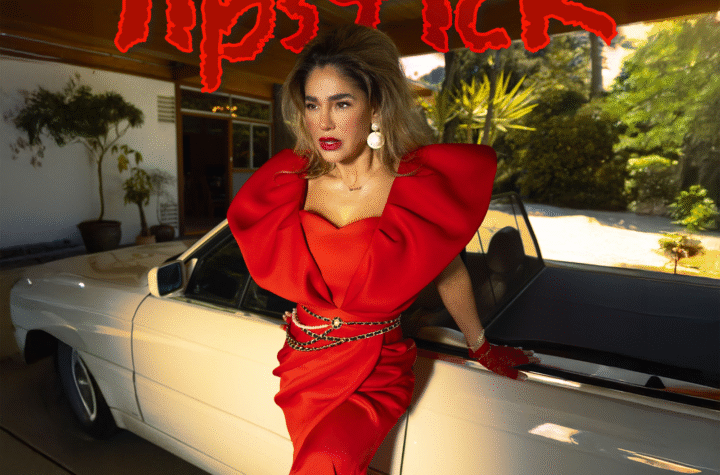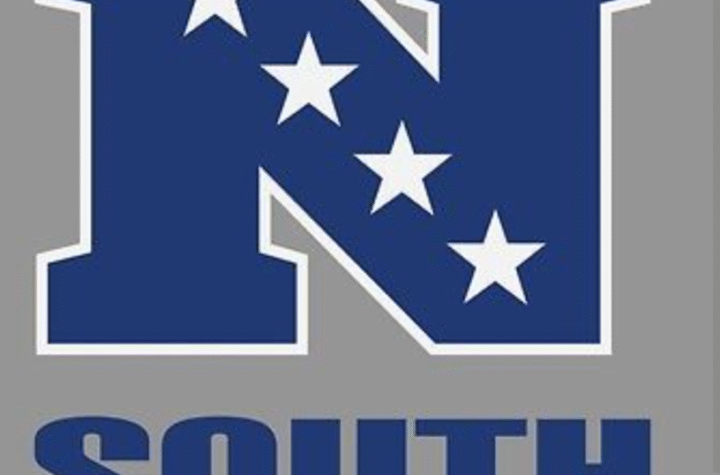
One of our readers recently shared something that sparked a deeper conversation — one that many of us don’t want to admit we’ve experienced:
“She called me her sister, but when I really needed her, she wasn’t there. Was I really her ‘sister’ or just someone she needed at the moment?”
It’s a question a lot of us have quietly asked ourselves after interactions that left us confused, disappointed, or even heartbroken.
When Titles Don’t Match the Truth
In today’s culture, we throw around terms like “sister,” “bro,” “fam,” “bestie,” or even “friend” as if they’re casual compliments. But those words carry weight. They imply trust, loyalty, and mutual care. So what happens when someone calls you a friend, but treats you like a resource? When someone says “you’re family,” but you only get the call when they need something?
One client once told me about a man who frequently referred to another guy as “his homie.” But when asked about it, the other guy straight-up said, “I’m not his homie. I do things for him because it benefits me, but I don’t hang out with him. I don’t consider him my friend.” Harsh, right? But honest.
That’s the reality — sometimes, you feel like you’re friends with someone, but they don’t feel that way back. You’re thinking you’re building something real, and they’re just thinking you’re useful.
Is It Friendship or Favor-ship?
Let’s call it what it really is: favor-ship. You’re around because you’re beneficial. As long as you’re bringing value — maybe you’re connecting people, providing services, offering support — you’re “family.” But when there’s a celebration, a trip, an exclusive invite… suddenly your name’s not on the list. You don’t get the call. You don’t get the seat at the table. Why? Because you were never part of the circle — you were just part of the plan.
It’s painful, especially when you’ve been loyal, giving, or genuinely cared for someone. You start questioning everything: Was any of it real? Did I misread our dynamic?
The Emotional Toll of One-Sided Bonds
Being in a one-sided relationship — personal or professional — wears on your self-worth. You start to doubt your instincts. You wonder why they can smile in your face, call you “sis,” but not show up when it matters. You start making excuses for them: Maybe they’re just busy. Maybe they forgot. But deep down, you know.
This isn’t about being petty. It’s about emotional clarity. If you’re calling someone “friend” and showing up for them in real ways, but they’re only around when it’s beneficial, that’s not friendship. That’s convenience.
So, What Do You Do?
You evaluate. Not from a place of bitterness, but from a place of awareness.
Ask yourself:
- Do their actions match their words?
- Is this relationship reciprocal?
- Do I feel valued — not just needed?
It doesn’t mean you stop being kind or professional. But it does mean you adjust your expectations. You create emotional boundaries. You stop confusing access with closeness.
Everyone doesn’t deserve the title “friend.” And just because someone calls you “sis” doesn’t mean you’re in their inner circle. Watch the patterns, not just the language.
Final Thought
The hardest truth? Some people will only keep you close as long as you’re useful. But the most powerful move you can make is to recognize it, release the illusion, and redirect your energy to spaces where love, respect, and reciprocity are real.
Don’t be afraid to re-evaluate. And don’t feel guilty for stepping back from relationships that only exist on borrowed terms.





More Stories
Besties to Bae? Brenda & Derek’s Endgame Dilemma
Getting Organized Without the Overwhelm: A Real-World System That Actually Works
Crack Into Sustainability: 8 Smart Ways to Use Eggshells Instead of Throwing Them Away